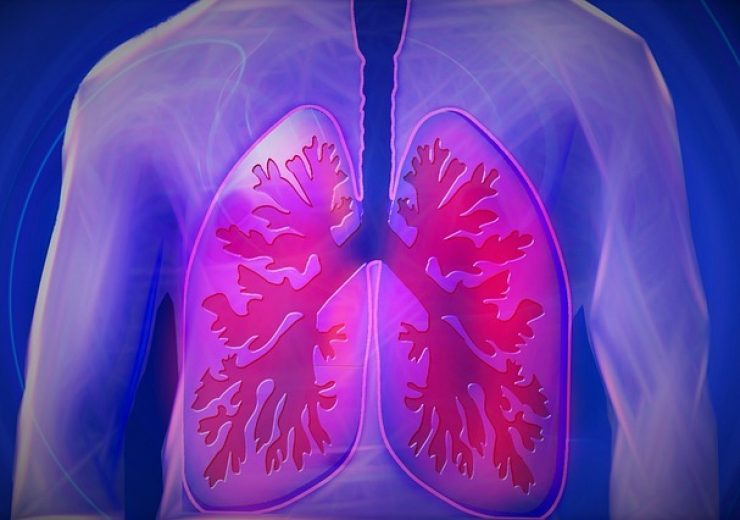The lung-on-a-chip platform will be examined for inhaled drug evaluation applications

The extension is said to follow the success of CN Bio and the FDA’s initial four-year agreement. (Credit: kalhh from Pixabay)
The US Food and Drug Administration (FDA) has expanded its research collaboration with single and multi-organ-on-chip microphysiological systems developer CN Bio to evaluate a lung-on-a-chip platform .
Under three-year expanded collaboration, the FDA and CN Bio will evaluate lung-on-a-chip model for inhaled drug evaluation applications.
The scope of the research conducted with the FDA’s Center for Drug Evaluation and Research (CDER) has now been extended to include the assessment of CN Bio’s lung-on-a-chip using the PhysioMimix MPS platform.
The platform will help examine the system’s use for the evaluation of inhaled drug products and assessment of additional applications for CN Bio’s liver model.
CN Bio CEO Dr David Hughes said: “This expanded collaborative project with the world’s leading regulator, the FDA, sends a reinforcing message to the pharmaceutical sector supporting the use of organ-on-a-chip microphysiological systems.
“The data from our previous study fortifies the growing body of evidence demonstrating the utility of CN Bio’s platforms and encouraging the adoption of MPS into drug discovery and development workflows.”
The extension is said to follow the success of CN Bio and the FDA’s initial four-year agreement, which resulted in a co-publication that showed the advanced performance of the liver-on-a-chip MPS.
As part of the extended collaboration, the lung microphysiological systems will be studied to attain physiological relevant parameters for inhaled drug products.
The lung microphysiological systems’ performance will be compared to traditional techniques.
According to the company, successful development and regulatory assessment of novel and generic pulmonary therapeutics can be boosted by drug development tools that offer better measurements of crucial parameters such as drug absorption, metabolism and permeability in the lungs.
The MPS allows complex human-relevant 3D lung models to include precise physiological micro-architecture, co-culture of lung-specific cell types and incorporation of innate immune cells.
